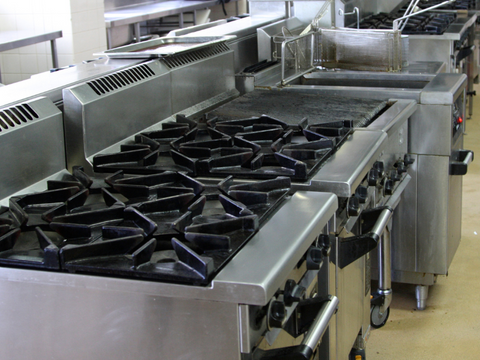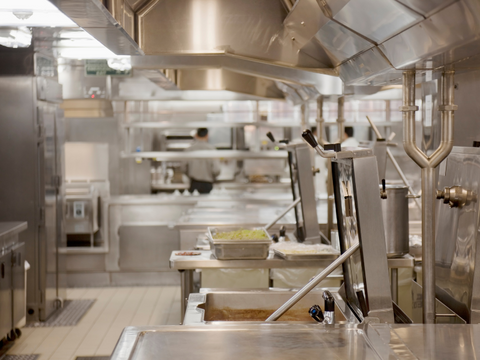1. Regular maintenance
Regular maintenance is the cornerstone of protecting your restaurant equipment. This includes routine checks for wear and tear, professional repairs and immediate rectification of any faults or damage. Regular maintenance can help you catch potential problems before they escalate, saving you money on costly repairs or replacements.
2. Proper use and training
Many equipment failures are caused by improper use. Make sure your employees are fully trained on how to properly operate each piece of equipment. This includes understanding temperature controls, cleaning processes and safe operating procedures. Correct use not only extends the life of the equipment but also ensures a safe working environment.
3. Cleanliness and hygiene

A clean kitchen is a happy kitchen. Regular cleaning not only meets health and safety standards, it also extends the life of your restaurant equipment. For example, grease buildup in your oven can cause overheating and a potential fire hazard. Clean your equipment daily to prevent the build-up of food particles, grease, and dirt that can damage your equipment.
4. Replace worn parts
Over time, some parts of your device may wear out faster than others. Check your equipment regularly and replace any worn parts immediately. This proactive approach prevents further damage to the equipment and extends its life expectancy.
5. Invest in quality equipment
While it may be tempting to save money by purchasing cheaper equipment, this often results in more frequent repairs and replacements, which costs more in the long run. Investing in high-quality, durable restaurant equipment can increase its longevity, performance, and ultimately your bottom line.
6. Correct installation
Make sure your equipment is installed correctly by a professional. Improper installation can lead to many problems, including reduced efficiency, increased energy consumption and shortened service life.
7. Energy efficiency

Energy-efficient appliances not only help reduce a restaurant's carbon footprint, but they also tend to last longer. They are designed to withstand heavy use and are often made from more durable materials.
In summary, you can significantly extend the life expectancy of your restaurant equipment by investing in quality equipment, ensuring proper use and installation, regular cleaning and repairs, and prompt replacement of worn parts. Not only will this save you money in the long run, it will also ensure your kitchen runs smoothly and efficiently, allowing you to focus on what you do best: creating delicious food for your customers.
























